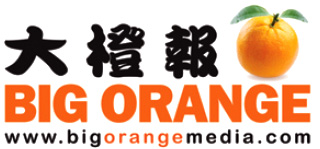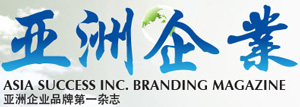SMEs encouraged to enter Japanese market
ENTERING the Japanese market is not as tough as most local small to medium enterprises (SMEs) believe.
This was what the 300 enterprises which participated in the “Doing Business in Japan” seminar at Menara Matrade learnt from the half-day event.
The seminar, co-organised by the Malaysia External Trade Development Corporation (Matrade) and Japan External Trade Organisation (Jetro), highlighted the possibilities and potential of business expansion to the archipelago.
International Trade and Industry Minister Datuk Seri Mustapa Mohamed said the seminar was necessary to encourage SMEs to put export plans to Japan in motion.
“There is a perception that it is very difficult to enter the Japanese market, yet it is much easier for Japanese companies to do business in Malaysia,” he said, adding that the seminar was crucial to communicate that this is not the case if proper measures are followed.
Some of the insights conveyed at the seminar included market opportunities, regulations and guidelines to export and invest, presented by Jetro officials from Japan while a few local companies which already had planted business roots in Japan also shared their experiences.
Out of the 300 over SMEs present at the seminar, Mustapa said more than 20 of them had already started export activities, ranging across different products such as pellets, rubber wood to snack food.
Jetro managing director Akira Kajita said the event marked the second initiative this year to spur more trade activities between the two countries since the Japan-Malaysia Invest Symposium was held earlier in March.
“As South-East Asia’s economy grows faster and faster, including Malaysia, we note the importance of inviting investment from this country into Japan.
“We have been proposing since March for this event to take place, which will more concretely and accurately explain the system and structure of import and investment into Japan,” said Kajita, adding that businesses would find no difficulty venturing into the Japanese market.
Mustapa noted that while some of the SMEs that had entered the Japanese market were fairly new, it was a sign of progress.
“While they may only be sending in only one container at this time, this is a very positive development, especially when you consider the close ties shared by Malaysia and Japan, and both countries being part of the TPP (Trans-Pacific Partnership).”
He drew examples in terms of plywood and fresh chicken exports, which will eventually see reduction in duties imposed when the TPP comes into effect.
“These are among the examples of how Malaysian companies will benefit through better access to the Japanese market,” said Mustapa.
With Tokyo hosting the next Olympics in 2020, Matrade chief executive officer Datuk Dzulkifli Mahmud advised companies to capitalise on the opportunity to look into new business ventures.
This seminar is also part of the activities that mark the 59th anniversary of diplomatic relations between the two countries.
“In 2015, Japan was Malaysia’s fourth largest trading partner with total trade valued at RM127.4bil; the country is also Malaysia’s third largest export destination valued at RM73.8bil and fourth largest source of imports at RM53.6bil.
“On top of the TPP, Malaysia and Japan are also connected as members of the Asean-Japan Comprehensive Economic Partnership,” Dzulkifli highlighted.
He noted that with the deep-rooted trade ties, local companies could gain access to potential Japanese market with a population of about 127 million, with consumers characterised as having a high level of disposable income and companies with strong global orientation.
To further promote bilateral trade and investment with Japan this year, 13 programmes will be held including the International Sourcing Programme, Export Acceleration Mission to Tokyo as well as the Trade and Investment Mission to Japan.






























